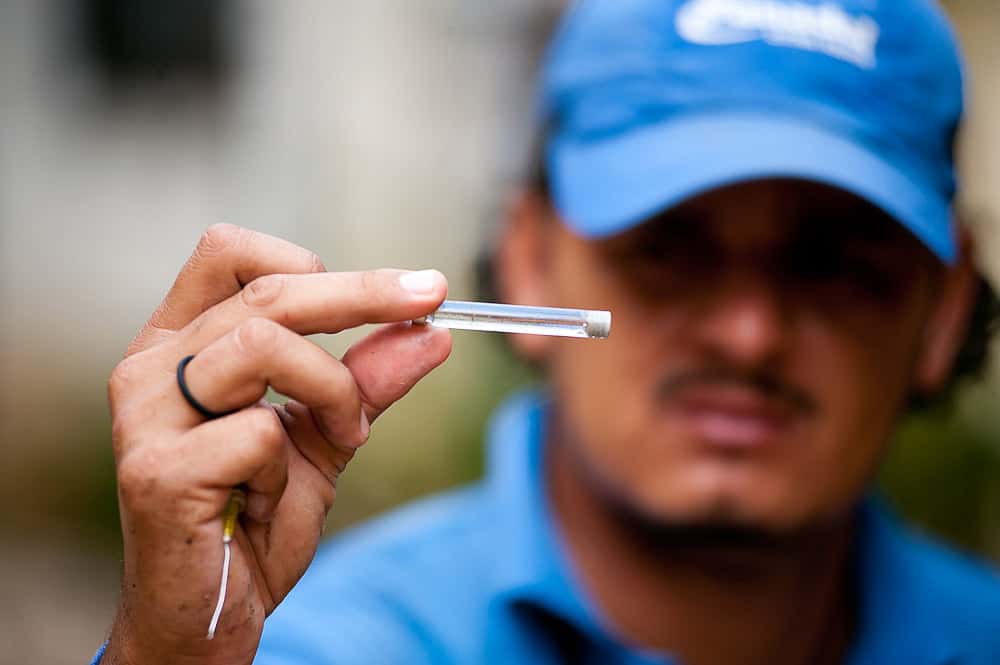The Ministry of Health has reported a substantial increase in dengue fever cases in Costa Rica, with a total of 28,420 cases recorded in 2023. While no fatalities directly attributed to dengue were reported, authorities emphasize the significance of this data.
As of now, eight cases of “severe dengue” have been identified in various regions, and the Costa Rican Social Security Fund (CCSS) has recorded 13 hospitalizations related to dengue.
According to the World Health Organization (WHO), dengue is transmitted to humans through the bite of infected mosquitoes.
Costa Rica’s Concerning Situation
Costa Rica is currently grappling with the circulation of all four dengue viral serotypes, contributing to the widespread nature of the disease. The region itself has seen a surge in dengue cases, with Nicaragua reporting nearly 173,000 cases and Panama documenting 16,700 cases, according to the Health Information Platform of the Americas (PLISA).
In response to the escalating situation, the Ministry of Health has taken proactive measures, updating the National Dengue Surveillance Protocol. Over 1,006,526 homes and 3,252,527 breeding sites have been fumigated. Notably, efforts have been made to use higher quality and environmentally friendly fumigators, as outlined in the press release.
Dengue Symptoms
According to WHO, most people with dengue have mild or no symptoms and will get better in 1–2 weeks. However, dengue symptoms include nausea, vomiting, fever, rashes, pain behind the eyes, severe headaches, and joint and muscle pain. If symptoms do occur, they usually begin 4–10 days after infection and last for 2–7 days. Most cases of dengue fever can be treated at home with pain medicine.
However, if presented with severe abdominal pain, persistent vomiting, rapid breathing, bleeding gums or nose, fatigue, restlessness, blood in vomit or stool, being very thirsty, pale and cold skin, or feeling weak, immediate healthcare should be sought.
Authorities have issued an active health alert, urging the public to collaborate in eliminating mosquito breeding sites in homes and communities. Additionally, they recommend the regular use of repellent. If anyone experiences symptoms suggestive of dengue, immediate consultation with the nearest health center is strongly advised.






